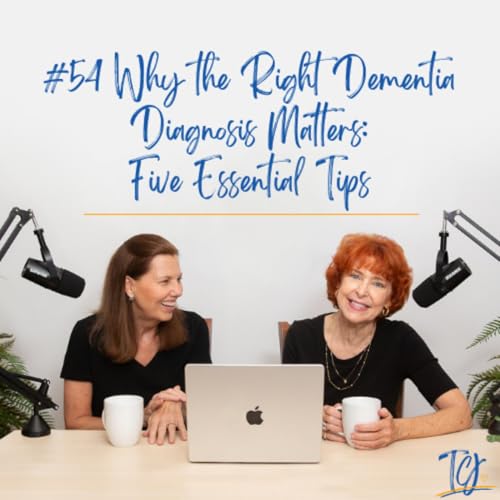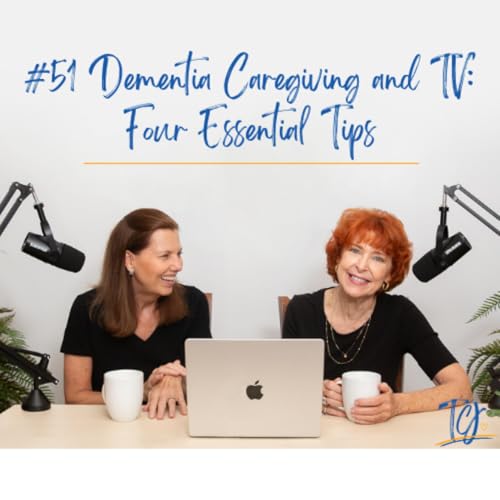"Dementia is not just a medical journey, but it's a financial and emotional one." – Devon Banning, CFP
Are you avoiding the financial conversation with your loved one because it feels uncomfortable or overwhelming? Do you find yourself wondering how you'll afford care as your loved one's needs increase?
Are you concerned about making the right financial decisions during this challenging time?
We are Sue Ryan and Nancy Treaster. As caregivers for our loved ones with Alzheimer's and other types of dementia, we know that money is often the last conversation we want to have, but it's inevitable. We have to have it.
Today, we're sharing five essential tips for navigating the financial aspects of dementia caregiving with Devon Banning, a Certified Financial Planner with Moran Wealth Management. Devon has more than 15 years of experience across a range of roles in the financial industry, and he brings invaluable depth of experience with dementia family caregiving. He's spent the majority of his career managing financial lives for individuals and families, many of whom were suddenly thrust into the caregiving role due to dementia.
Here's what makes this conversation easier: it'll be much more manageable when we respect our loved ones' dignity, independence, and their wishes throughout all of our conversations. Today is about helping you learn options for taking your next step—options that are going to make you feel more confident without needing to have all the answers at one time.
This episode supports step three of our Navigating Dementia Caregiving Roadmap Guide: understand the financial situation. If you've been putting this conversation off, you're definitely not alone. This is an area many caregivers hesitate to step into. It's deeply personal, and it can feel intimidating—especially if we wish we'd addressed it sooner.
Connect with us and share your tips:
Website: https://thecaregiversjourney.org/
Donate: https://give.cornerstone.cc/thecaregiversjourney
Instagram: https://www.instagram.com/thecaregiversjourney/
Facebook: https://www.facebook.com/thecaregiversjourneys/
Linkedin: https://www.linkedin.com/in/suearmstrongryan/, https://www.linkedin.com/in/nancytreaster/
Email: sue@thecaregiversjourney.org, nancy@thecaregiversjourney.org
Full Show Notes
https://thecaregiversjourney.org/53-the-dementia-care-financial-conversation-five-essential-tips-alzheimers-and-other-dementias-2/
Additional Resources Mentioned
Moran Wealth Management https://moranwm.com/
Disclaimer:This podcast is for educational and informational purposes only and does not constitute investment, legal, or tax advice. The views expressed are those of the participants as of the date recorded and may change without notice. Nothing discussed should be considered a recommendation or solicitation to buy or sell any security or to engage in any particular investment strategy. Listeners should consult their own financial, legal, or tax professionals before making any financial decisions. Moran Wealth Management is an SEC-registered investment adviser. Registration does not imply a certain level of skill or training.
Support the nonprofit The Caregiver's Journey: https://give.cornerstone.cc/thecaregiversjourney
Takeaways
Get the Financial Conversation Started
Use these 8 steps to guide the conversation
Understand the different stages of financial considerations
Understand The Financial Position of Your Loved One
Consider Leveraging a Financial Planning Expert
Read More in This Blog
https://medium.com/@sueryansolutions/financial-planning-for-dementia-caregiving-five-essential-tips-edf00b98be82
 Jan 27 202621 m
Jan 27 202621 m Jan 13 202624 m
Jan 13 202624 m 22 m
22 m 29 m
29 m 26 m
26 m Nov 18 202529 m
Nov 18 202529 m Nov 4 202520 m
Nov 4 202520 m Oct 21 202526 m
Oct 21 202526 m
